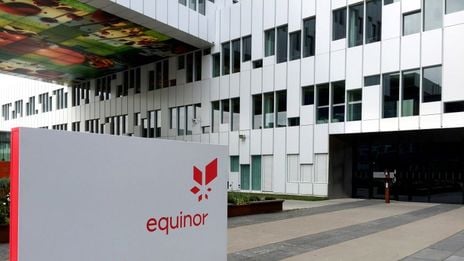While still largely an oil and gas producer, state-controlled Equinor is investing heavily in offshore wind, securing permits in Britain, the United States, South Korea and Poland.
"Clearly, there are really strong pressures in the market right now; in the supply chain as well as very, very fierce competition," Equinor renewables chief Paal Eitrheim said.
The company is a pioneer in floating offshore wind, harvesting power from deeper oceans where turbines do not have to be fixed to the seabed, although bottlenecks have hindered completion of its flagship Hywind Tampen project off Norway.
Meanwhile, Equinor has not won any tenders for new project permits recently and most notably walked away empty-handed from Britain's massive Scotwind auction earlier this year.
"It's not difficult to win auctions. If you lower your expectations, auctions can easily be won," Eitrheim said on the sidelines of an Equinor conference in Oslo.
"But we want to win on terms where we can build a solid business case and that is the only focus we have," he added.
Eitrheim said there was no change to the company's guidance of project base real returns of 4-8% for its renewables and low carbon investments.
Renewables accounted for 11% of Equinor's investments in 2021, with the share to rise to 20% this year, focusing on existing projects in Britain, the United States and Poland, Eitrheim said.
Norway is expected to hold its first offshore wind auction next year.
In addition to offshore wind, Equinor has also selectively entered onshore renewables through solar and battery investments in Brazil, Poland, the Nordics, the United States and Britain.
(Reporting by Nora Buli; Editing by Mark Potter)
By Nora Buli






